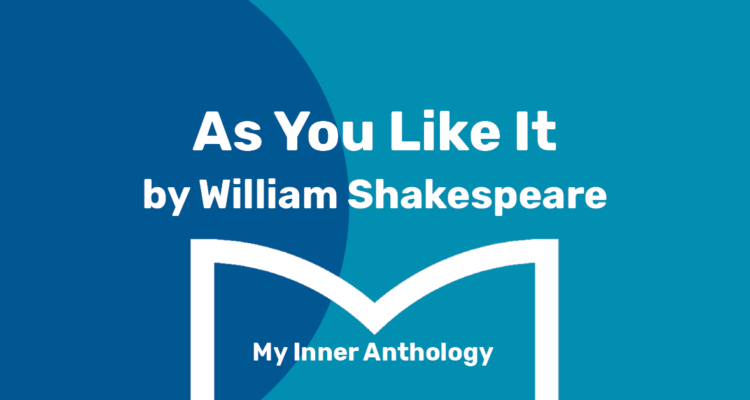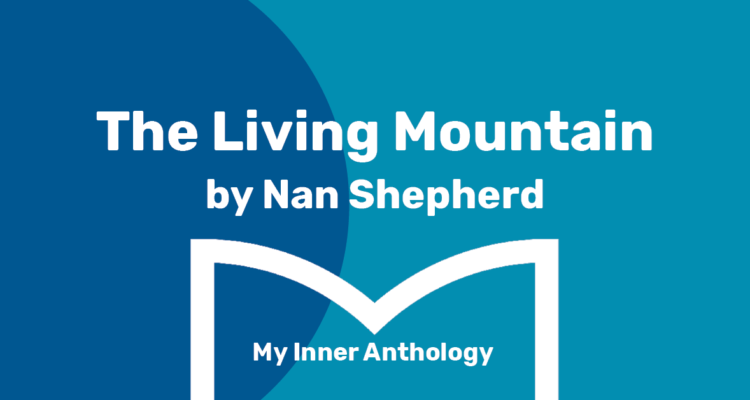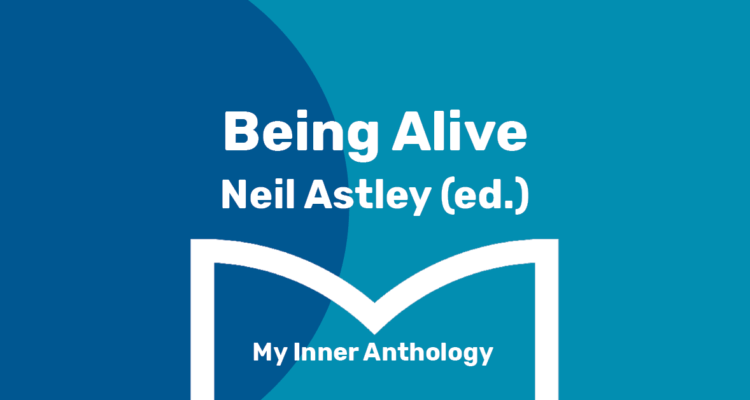My Inner Anthology: A Manual for Cleaning Women by Lucia Berlin
Today's reading comes from The Reader's Head of Publishing, Frances Macmillan. Frances recommends a piece from her 'inner anthology' and shares a reading from A Manual for Cleaning Women by Lucia Berlin. The theme for our daily readings in February is 'Close to the Heart'. Discover The Reader at Home for more poetry, readings and recommendations we have chosen can help us stay connected over the coming weeks.
‘If we had a keen vision and feeling of all ordinary human life, it would be like hearing the grass grow and the squirrel's heart beat, and we should die of that roar which lies on the other side of silence.’
From Middlemarch by George Eliot
‘Books are a kind of hearing-aid allowing us to listen to the voices of the world more clearly than ears muffled by custom can ordinarily achieve. Increased tonal sensitivity brings that bit of madness on to our side not by supressing but by expressing it, so that it becomes a source of energy.’
From ‘Ask the Reader’, issue 9 of The Reader magazine
I would say sorry for starting this bit of writing with two quotes – old university essay-writing habits die hard. But this is bit of writing is about my ‘inner anthology’ after all, and I’d bet that quotes, snippets, half-remembered lines take up more space than full works in the invisible anthology we carry around inside us. And the quotes above help to explain why Lucia Berlin’s stories are included in those collected works too.
The resident literary agony-uncle of The Reader magazine was responding, with those words from Middlemarch in mind, I’m sure, to a reader’s scepticism of the keen emotional life expressed so vividly in ‘acclaimed’ literature. Real life is more mundane; we usually go around well-wadded by customs and habits to insulate us from such extremes of feeling. The Reader was making an argument for literature which gives us some of that roar, a bit of madness, necessary to pierce through our muffled heads occasionally and keep us awake.
‘A source of energy’ is just how I’d describe Lucia Berlin’s short stories. Her life was hardly mundane, and in the stories it’s impossible to tell biography from fiction. In one story she mentions ‘I never lie’, but she hardly needed to, it’s clear the stories are like repeated attempts at looking again at the myriad dramas of her life. She exaggerates, she underplays, she looks hard at herself and others, she faces up to things, all through the writing. The language is often harsh, hard to read, even offensive, never mind what the language is describing – death, addiction, abuse, poverty. Lucia Berlin’s childhood was dangerous; there are family figures who loom up like the stuff of nightmares. She was an alcoholic and many of the stories are about binges, withdrawal or rehab. She often writes about work – she was a nurse, a cleaner, a switchboard operator, a creative writing teacher in prisons, later in colleges. Her different lives happen in wildly different locations, from Chile to Alaska to Texas.
Given the bare facts of the content of these stories, it is peculiar to say that reading them is a good experience, but it is. I think it’s because Lucia Berlin can’t help but be interested in everything, whether its horrifying or very ordinary. She writes about quieter moments – riding buses, doing her laundry, driving, going to the grocery store – telling us about these experiences with the same intensity and unpredictability. She’s interested in other people – these stories draw on her life but are peopled with thousands of bit players, bystanders, recurring characters. She pays attention, and she shows that ‘increased tonal sensitivity’ whatever she writes about.
Take her stories about working in a hospital E.R. In ‘Emergency Room Notebook 1977’ she reels off details of suicides and drunks, about ‘good deaths and bad deaths’, about the doctors and nurses making jokes while in the middle of a tracheotomy, but she can also briefly, in an offhand way, lament her own habituated blindness to human need. She knows, even as she lists the ways her work is draining and dehumanising, that ‘Fear, poverty, alcoholism, loneliness are terminal illnesses. Emergencies, even.’ Because she is, almost despite herself, not blind but very much awake, in another story, another day in the emergency room, she can lovingly describe a badly injured jockey who clings to her neck and cries for his mother. He refuses to let go, to lie down, so she carries him ‘like King Kong’, and soothes him, gradually, ‘as I would a horse’. ‘It was marvelous’, she says at last.
It’s the capacity of the stories and their writer to not just to endure times of suffering and madness but to marvel at them that becomes a source of energy, a kind of creative life force. They give a clue to a way of being and enduring in turn.
Have you read this book? Want to make your own recommendation? Join in the conversation online using #SharedReading @thereaderorg on Instagram, Twitter and Facebook.
Share
Related Articles

My Inner Anthology: As You Like It by William Shakespeare
Reader Leader, Lizzie, recommends As You Like It by William Shakespeare. In May the theme for our Daily Readings is inspired by The…

My Inner Anthology: The Living Mountain by Nan Shepherd
Teaching and Learning Coordinator, Lisa Spurgin, recommends The Living Mountain by Nan Shepherd. In May the theme for our Daily Readings is…

My Inner Anthology: Being Alive – Neil Astley (ed.)
Reader Leader Lizzie, recommends and reads from 'Being Alive' - Neil Astley (ed.). In May the theme for our Daily…


